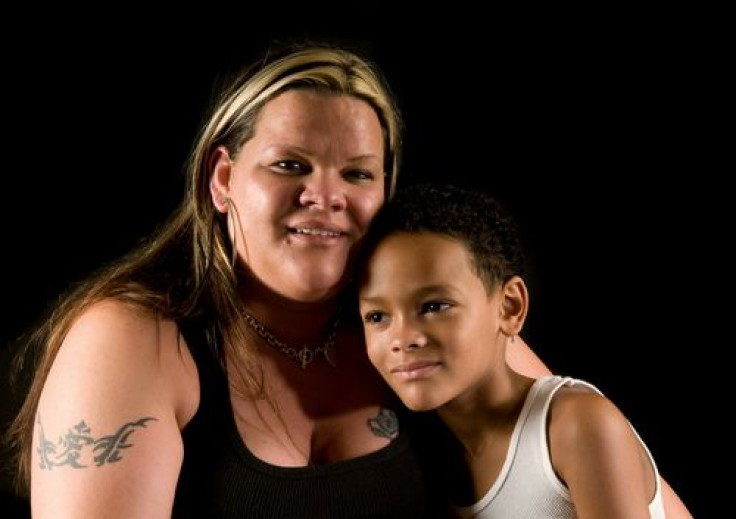WHO Says Autism Patients Aren't Getting Adequate Care: Can Non-Specialists Deliver Effective Treatment To Children With ASD?

A great deal of research has been devoted to developing effective treatments for people with mental illness, yet in some cases, researchers insist on a single, unusual caveat: The therapeutic interventions must be developed in such a way that non-specialists can deliver them. A new study published in PLOS Medicine reviews such non-specialist psychosocial interventions and finds they can be effective in treating children and adolescents with intellectual disability or lower functioning autism spectrum disorders.
“For the behavior analytic interventions, the best outcomes were shown for development and daily skills,” wrote the authors in their study. “Cognitive rehabilitation, training, and support were found to be most effective for improving developmental outcomes, and parent training interventions to be most effective for improving developmental, behavioral, and family outcomes.”
Neurodevelopmental Disorders
Developmental disabilities — including autism spectrum disorder (ASD) and intellectual disability (ID) — have lifelong effects on children who suffer them. Neurodevelopmental disorders affect children worldwide, but many researchers believe they may be a more prevalent condition in lower- and middle-income countries compared to higher-income countries. According to the World Health Organization (WHO), 14 percent of the global burden of disease may be attributed to mental, neurological, and substance abuse disorders, yet 75 percent of the people in low-income countries do not have access to the treatment they need. In fact, the vast majority of countries allocate less than two percent of their total health budgets to mental health. With child mortality declining in poor countries, health officials believe an increasing number of children will experience neurodevelopmental disorders (NDDs), while their families assume the often overwhelming responsibility of caregiving.
In light of these facts, Brian Reichow, assistant professor at the Yale Child Study Center, University of Connecticut Health Center, and colleagues from WHO conducted a systematic review of non-specialist interventions. After searching databases for studies published prior to June 2013, the authors found 34 articles describing 29 studies involving 1,305 participants that met their criteria. The studies evaluated behavior analytic techniques, cognitive rehabilitation, training, and support, and parent training interventions. To properly appraise these treatments for children with developmental disabilities, the researchers compared the benefits of non-specialist interventions to either a no-treatment control group or treatment-as-usual by a specialist.
“This review shows that there is a range of psychosocial interventions for individuals with intellectual disabilities or lower-functioning autism spectrum disorders that can be provided by non-specialist service providers,” the authors stated. “Overall, the outcomes of the studies … show that non-specialist providers can deliver effective treatments to children with intellectual disabilities or lower-functioning autism spectrum disorders.” The authors believe their findings have relevance for improving access to care and are especially useful in low-resource settings.
In an accompanying commentary published by PLOS Medicine, two researchers from the Federal Neuro-Psychiatric Hospital in Lagos, Nigeria, discuss the implications of the study. “Interventions provided by non-specialist care providers could help alleviate the scarcity of specialist care … and potentially also help reduce the risk of burn-out among existing specialists," Mashudat Bello-Mojeed and Muideen Owolabi Bakare wrote. Noting that several challenges exist in implementing non-specialist care, including financial obstacles and providing proper supervision, they concluded, “Ultimately, non-specialist psychosocial interventions for [neurodevelopmental disorders] will require advocacy and government support."
Sources: Reichow B, Servili C, Yasamy MT, et al. Non-Specialist Psychosocial Interventions for Children and Adolescents with Intellectual Disability or Lower-Functioning Autism Spectrum Disorders: A Systematic Review. PLOS Medicine. 2013.
Bello-Mojeed MA, Bakare MO. Improving Treatment of Children with Autism Spectrum Disorder in Low- and Middle-Income Countries: The Role of Non-specialist Care Providers. PLOS Medicine. 2013.



























